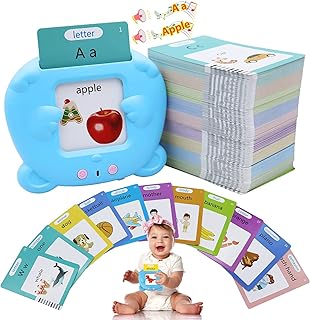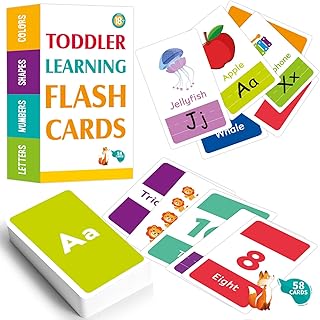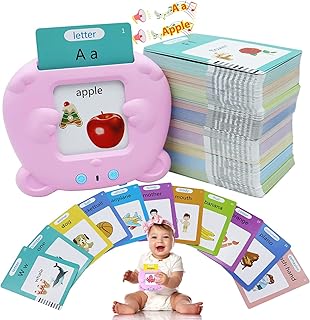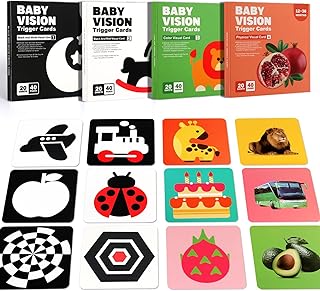Schools in Victoria play a vital role in supporting students from refugee backgrounds, especially during the initial years of their settlement in Australia. These students come from diverse backgrounds, with varying levels of prior education and literacy skills in different languages. Many have experienced trauma, persecution, and displacement, making their resettlement process complex.
Upon arrival in Australia, refugee families face challenges such as finding stable employment, affordable housing, and learning English, all while coping with the effects of trauma and separation. To help these students succeed in Victorian schools, teachers and school staff need to provide additional support to develop their English language and learning skills.
One of the key programs supporting students from refugee backgrounds is the Refugee Education Support Program (RESP), which offers intensive support to schools to enhance achievement, engagement, and wellbeing outcomes for these students. Through RESP, schools receive guidance and strategies from organizations like the Centre for Multicultural Youth and Foundation House.
Various initiatives, such as the Schools Support Program and the Learning Beyond the Bell program, aim to build schools’ capacity to support refugee students and families. These programs provide professional learning workshops, resources, and advice to help schools create inclusive environments for students from diverse backgrounds.
For students who are English as an Additional Language (EAL) learners, there are specialized programs and resources available to support their language learning needs. Schools can access intensive English programs and targeted support to assist newly arrived EAL students in their language acquisition journey.
Students seeking asylum are also eligible to enroll in Victorian government schools without paying international student fees. These students, who have sought protection as refugees, may face financial hardships, and support programs like the Camps, Sports and Excursions Fund aim to assist families in participating in school activities.
Given the potential trauma and challenges faced by students from refugee backgrounds, schools play a crucial role in promoting their mental health and wellbeing. Interventions such as social-emotional learning programs, counseling, and mentoring can help address the psychological impact of their experiences and create a supportive learning environment.
Engaging with families from refugee backgrounds is essential for improving education outcomes for students. Schools can strengthen partnerships with these families by providing translated resources, using interpreters, and offering support to enhance parental engagement in their children’s education.
Settlement services provided by the Australian Government, such as the Humanitarian Settlement Program and the Settlement Engagement and Transition Supports Program, play a significant role in supporting the wellbeing of refugee children and families during their initial settlement period in Australia.
Refugee Week, held annually in June, provides an opportunity for schools to raise awareness of refugee issues through various activities and events. Schools are encouraged to involve students, staff, and communities in activities that celebrate cultural diversity and promote understanding of refugee experiences.
📰 Related Articles
- Victoria Leads Inclusive Education Initiative for Students with Disabilities
- Victoria Invests $5 Million to Attract International Students
- University HDR Students Access Varied Funding for Research Support
- Hong Kong Universities Support International Students Amid Harvard Ban
- Exploring Australia’s Selective High Schools: Programs and Options






